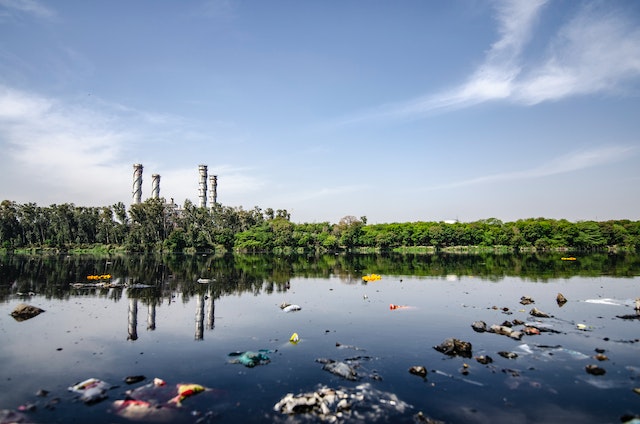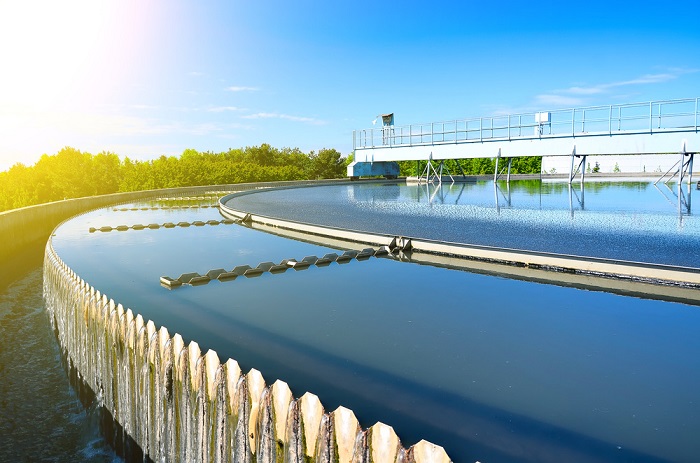
Thousands of individuals were exposed to dangerous substances from 1953 to 1987 due to the dangerously polluted water at the Military Station, Camp Lejeune. As a result of their exposure, a large number of Servicemen and their family who worked and lived in the camp at this time suffered cancer and various other ailments.
Regrettably, the statute of limitations prevented victims from obtaining damages reimbursement for their losses. A new federal law, though, is nearing completion. Congress is anticipated to pass this measure soon, and the president will sign it.
The victims of this contaminated water will be able to bring lawsuits under the Camp Lejeune Justice Act (CLJA) of 2022 to recoup the required damages.
The Camp Lejeune Contamination
A Marine Corps base called Camp Lejeune has been in use since 1942. North Carolina is home to Camp Lejeune, which spans a total area of 250 square miles.
Several other military departments have utilized this station for training exercises in addition to housing marines.
Since Camp Lejeune opened, thousands of individuals have resided or worked there. The Camp Lejeune water system was subjected to tests by the Marines in the 1980s.
These studies revealed that the station’s two main water treatment plants were extremely highly polluted with dangerous substances.
They established through this testing that the poisoning of the water started from 1953 to 1987. During this time, nearly a million individuals were vulnerable to the tainted water supply at the Armed Services base.
Numerous health issues have been connected to the toxins in Camp Lejeune’s groundwater. People exposed have had a wide range of ailments, such as different cancers, neurological conditions, and birth deformities.
Upcoming Lawsuits Regarding Camp Lejeune Contamination
Anyone who contracted a condition linked to water toxicity from exposure at the military base, Camp Lejeune, will qualify to launch a lawsuit and seek remuneration from the government if the new legislation is passed.
The worst breakdown of a public water supply in America occurred at Camp Lejeune. Most of the substances in this groundwater had toxicity levels that were thousands to tens of thousands higher than those permitted by federal law safety regulations.
Several poisonous chemicals were discovered in Camp Lejeune water, and many people still suffer the consequences of this contamination.
Some of the health consequences people have suffered from the contamination include bladder cancer, kidney diseases, liver cancer, Parkinson’s disease, and myelodysplastic diseases like leukemia and non-Hodgkin lymphoma.
Up until this point, victims of Camp Lejeune have been unable to sue the government for this exposure due to North Carolina law. After a much too long wait, those harmed will eventually have a route to remuneration and justice once this law clears the last procedural barriers it currently faces.
What Will a Settlement at Camp Lejeune Cost?
Claimants will be qualified for all compensatory damages, including non-economic and economic damages, frequently offered in tort proceedings. Any monetary award will be deducted from any VA compensation already obtained for these damages.
It is impossible to estimate the amount you should anticipate receiving at this time. Too many variables still need to be considered, and these cases still have many unanswered questions.
Payouts in similar injury situations in the past frequently range from $150,000 to $400,000. Find out more about Camp Lejeune compensation amounts here.
Conclusion
It is not yet too early to begin working on your case, although the CLJA is yet to be passed. Contact a lawyer immediately if you or a loved one contracted a disease after exposure to tainted water at Camp Lejeune from 1953 to 1987.



